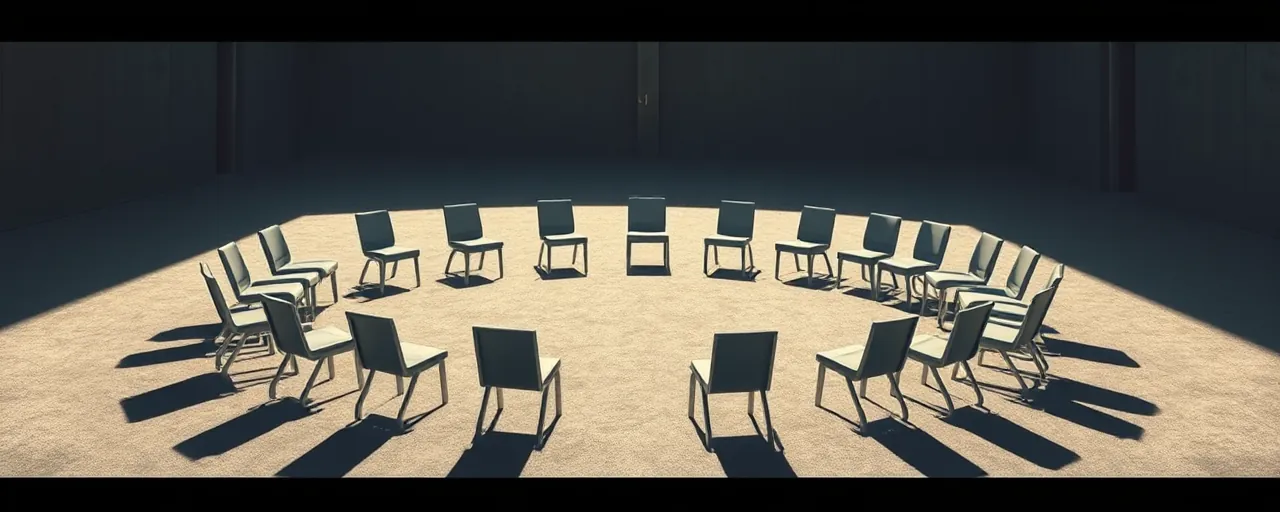A Diplomatic Journey Begins
Senior Bureau Official McCoy Pitt landed in Geneva, Switzerland, on April 7, kicking off a five-day visit that’s drawing eyes across the Atlantic. Representing the U.S. State Department’s Bureau of International Organization Affairs, Pitt’s trip isn’t just a routine flyby. He’s there to dive into high-stakes talks with United Nations leaders and counterparts from the Geneva Group, a coalition focused on sharpening the UN’s governance and management. With global crises stacking up, from climate shifts to conflicts, the timing feels anything but accidental.
The visit comes as the United States flexes its diplomatic muscle in Europe, a region where alliances and economic stakes run deep. Switzerland, a hub for international organizations, offers a fitting stage. Pitt’s agenda includes sideline meetings with heads of UN agencies, hinting at a broader push to align U.S. priorities with global efforts. It’s a moment that underscores how face-to-face diplomacy still carries weight in a world leaning hard into digital solutions.
Geneva Talks: UN Reform in the Spotlight
At the heart of Pitt’s Geneva stop is the Geneva Group’s consultative-level meeting, a forum where big players hash out how to keep the UN running smoothly. The organization, nearing its 80th year, faces a laundry list of challenges: unpaid dues, tangled bureaucracy, and pressure to adapt to today’s geopolitical mess. Pitt’s presence signals U.S. interest in steering reforms, especially as Secretary-General António Guterres pushes his UN80 Initiative to overhaul operations and boost peacebuilding.
Voices from the ground paint a mixed picture. UN agencies like UNICEF and the World Health Organization remain lifelines for millions, delivering aid and health support in places like Sudan and Haiti. Yet, funding gaps and political gridlock, especially in the Security Council, hobble progress. Pitt’s talks could nudge the needle, but analysts note the U.S. has its own skin in the game, balancing national interests with calls for a leaner, more effective UN.
Rome: Food Security and Vatican Voices
After Geneva, Pitt jets to Rome on April 14 for a whirlwind two-day visit. There, he’ll sit down with officials from UN agencies based in the city, like the Food and Agriculture Organization, which tackles global hunger. With climate change hitting harvests and conflicts disrupting supply chains, food security’s a hot topic. Pitt’s meetings with Italy’s Ministry of Foreign Affairs will likely touch on shared goals, given the U.S. and Italy’s long-standing economic ties.
Then there’s the Holy See. Pitt’s discussions with Vatican officials highlight a less obvious but potent player in global affairs. With its vast diplomatic network and moral clout, the Vatican shapes debates on human rights and peace. Think back to 2014, when it helped thaw U.S.-Cuba relations. Today, Pope Francis’ focus on forgiveness and justice resonates in a fractured world, and Pitt’s visit suggests the U.S. sees value in that influence.
Ties That Bind: U.S. and Europe
This trip isn’t just about the UN or the Vatican; it’s a snapshot of U.S. relations with Switzerland and Italy. The U.S. and Switzerland go way back, swapping diplomats since 1853 and leaning on each other for trade and security. Switzerland’s neutrality makes it a go-to mediator, handling U.S. interests in tricky spots like Iran. But it’s not all smooth sailing, trade spats and tariff talks keep things lively.
Italy’s in the mix too, with Rome as a strategic pitstop. Beyond UN business, Pitt’s meetings reflect a partnership rooted in NATO and economic exchange. Both countries face real-world pressures, travel restrictions and a strong dollar have dinged tourism, a diplomatic glue. Pitt’s visit might not rewrite the playbook, but it’s a chance to keep those bonds tight.
What It All Means
Pitt’s European swing wraps up April 15, leaving behind a trail of handshakes and talking points. It’s a glimpse into how the U.S. navigates a web of alliances, from UN corridors to Vatican halls. The push for UN reform, stronger bilateral ties, and a nod to the Holy See’s role show diplomacy’s many faces. Each stop ties back to tangible stakes: stability, trade, and a say in global rules.
Zoom out, and the trip reflects a bigger truth. In a world where borders blur and crises don’t wait, showing up still matters. Pitt’s on-the-ground talks won’t solve everything, the UN’s cash woes and geopolitical rifts aren’t going anywhere fast. But they’re a reminder that even in a digital age, the human touch in diplomacy hasn’t lost its edge.
